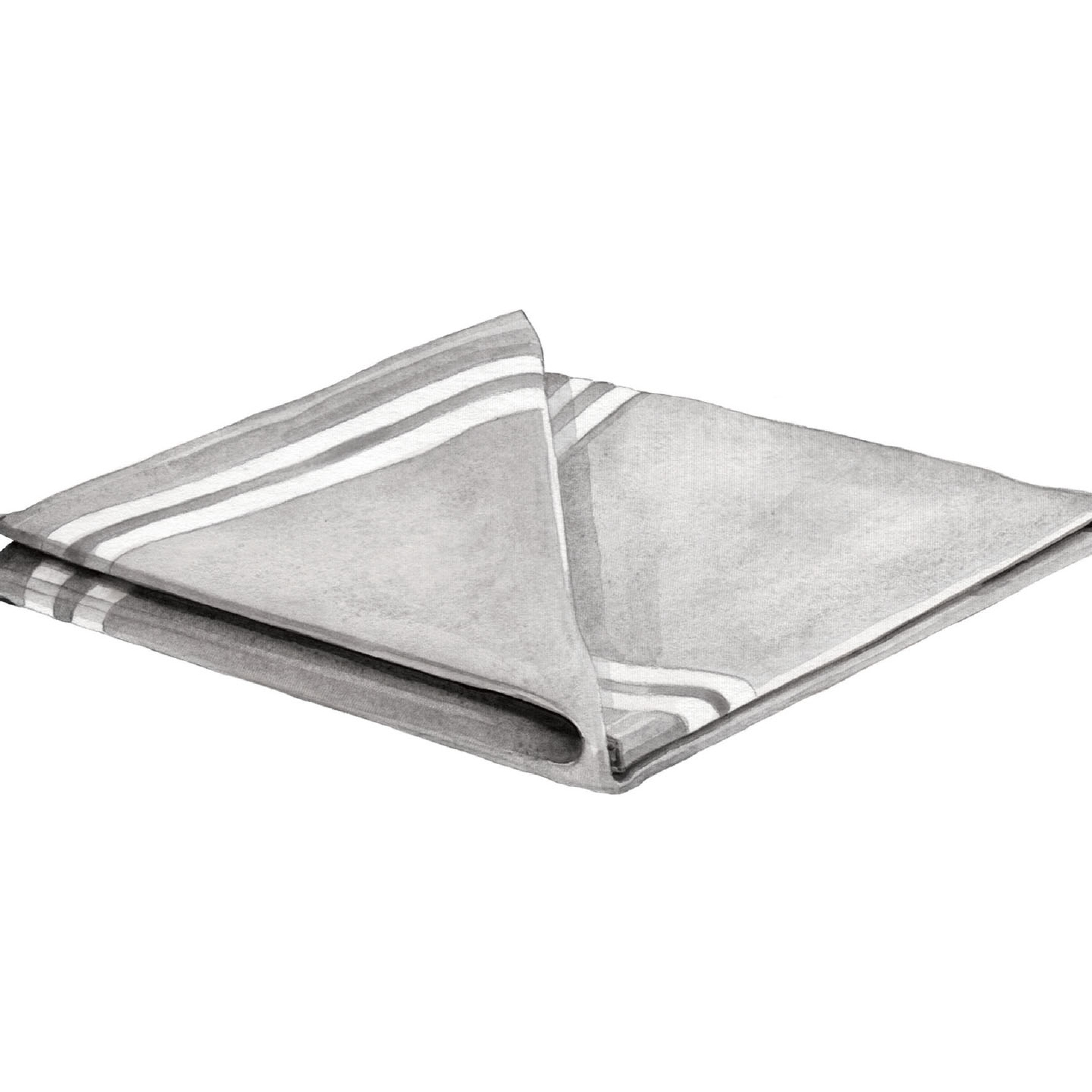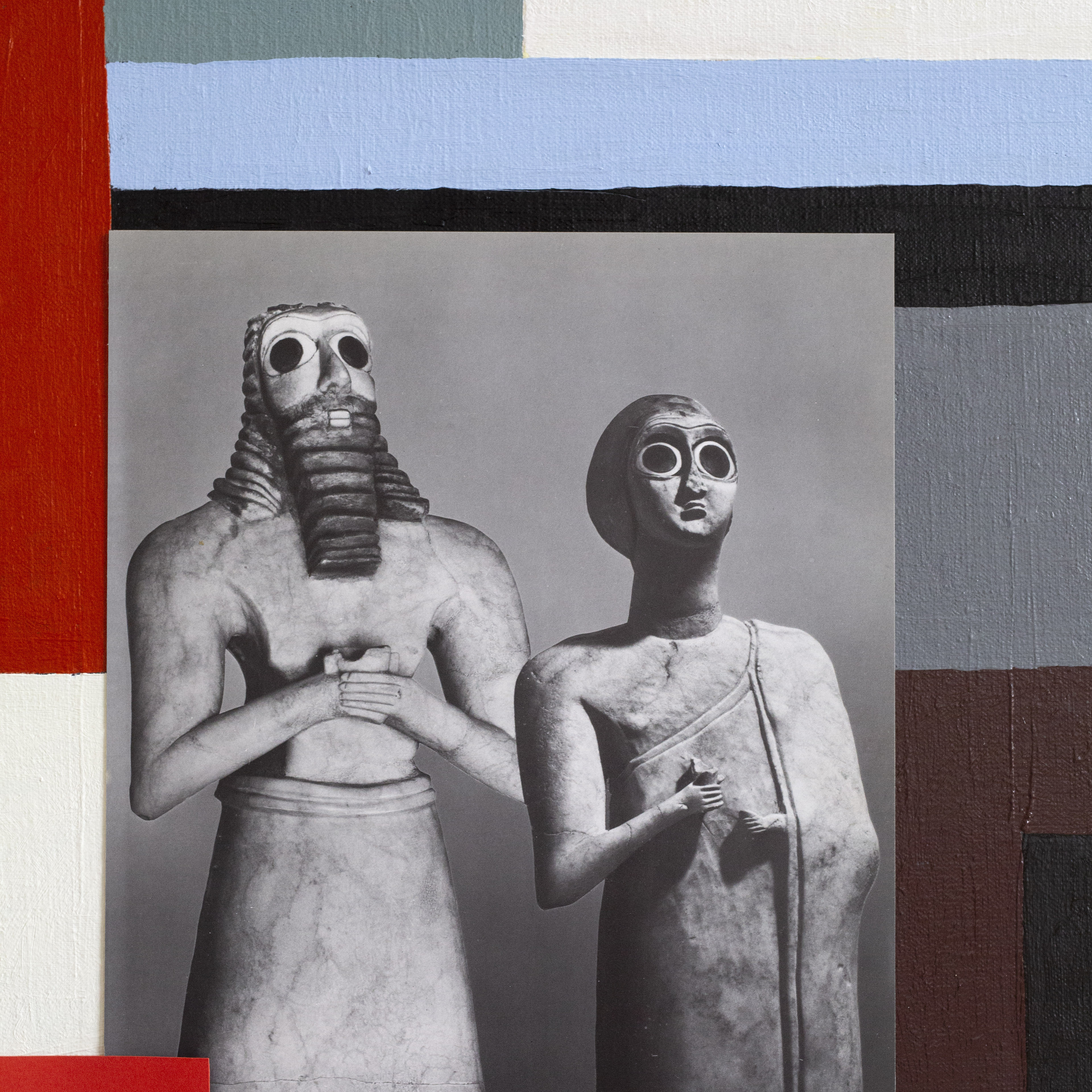
Still Life with a Chair

When Casa Batlló starts to move
Matt Clark from United Visual Artists transforms Gaudí’s landmark into a choreographic performance, unveiling a new facade commission …

The New Seki-Han
Tobia Scarpa, born in 1935, is one of Italy’s most distinguished architects and designers. The son of Carlo Scarpa and husband to the …

A Catalogue of Everything
From Prada’s fashion archive to Warhol’s Time Capsules, the act of preservation shapes the way we see, access and experience history.

The Art of Motion
In a world dominated by screens, Helen Chesner and Isabel Gibson champion the tangible through kinetic installations and interactive …

Lines of Disruption
In Couleur et Fabrication, Wade Guyton transforms a 1960s Italian lamp catalogue into layered compositions of colour, chance and …

Sculpting Air
Inspired by côte&ciel designer Emilie Arnault's sculptural approach, architect and spatial artist Alberto Simoni of …

Blackletter Revival
From Saltburn to Juicy Couture, pop albums to podcast logos, blackletter type is everywhere – and it’s shaking off its outdated associations

Back to the Roots
After years of private equity-driven expansion, Flos and B&B Italia are returning to what made them great. With Piero Gandini at …

Can plastic ever be green?
As global temperatures hit an all-time high and the plastic-free movement gains momentum, can the wonder material of the 20th century …

Back to Milan
With a highly personal exhibition in a Milanese palazzo, as well as a presence in the Salone del Mobile in Milan, Michael …

The Politics of Data
From wealth inequality to media bias, Mona Chalabi’s data visualisations tell stories that numbers alone cannot

Design as Resistance
How Palestinian architects, artists and designers navigate material restrictions, urban fragmentation and cultural preservation under …

Era of Adaptation
Carlo Ratti's four-word manifesto frames an exhibition that grapples with climate catastrophe, collapsing populations and the …

Anima Issue 3
This is the third issue of Anima, and it has a new format and look, thanks to Cabinet Milano. They have worked hard to create a …

Printmaking with Ramon Keimig
Through zines, posters, record sleeves and installations, the Swiss artist and designer brings the imperfections of the analogue …

Giles Tettey Nartey’s designs are rooted in African craft traditions
Exploring ritual, memory and materiality, the British-Ghanaian artist and architect reveals how his heritage and experiences …

Design on the Menu
Five restaurants where architecture and design have made a big impression

The Rise and fall (and archive) of Nokia
Once the king of mobile phones, Nokia’s legacy lives on through the newly unveiled Nokia Design Archive at Aalto University, Finland

What is next for Samuel Ross
The polymath in conversation with Ayla Angelos

Elio Fiorucci
As Triennale Milano unveils a new retrospective of Fiorucci’s life and influence, Anima speaks with the exhibition’s curator Judith …

Notes on Design: Andu Masebo’s Tubular Chair
Andu Masebo delves into the making of his Tubular Chair, revealing insights into his design process, materiality and collaboration …

Alternatives to Charcoal
For affluent westerners charcoal is the means to add flavour to garden barbecues. But in much of the world, with no affordable …

Jony Ive is inspired
No designer has done more to change the way that we all live than Jony Ive, Apple’s former chief design officer and co founder of …

A language without words
From ancient hieroglyphs to the Olympic Games and architectural signs for the deaf community, pictograms have become a powerful tool …

Faye Toogood on bringing humanity into design
Renowned for her hard-edged creations, Faye Toogood brings a fresh softness to her practice in collaboration with Poltrona Frau. In …

A recipe for the future of food
If the world is going to feed an ever-growing number of mouths even as global warming upends agriculture, our approach to food will …

Nathalie du Pasquier is inspired
The artist Nathalie du Pasquier talks about the things that influence her work

The political uses of typography
Few typefaces carry as much political weight as Futura. From avant-garde to mainstream, to being in Barbara Kruger’s hands and then …
Anima talks to the British artist and designer about what's next after selling his stake in his business, A-COLD-WALL*











